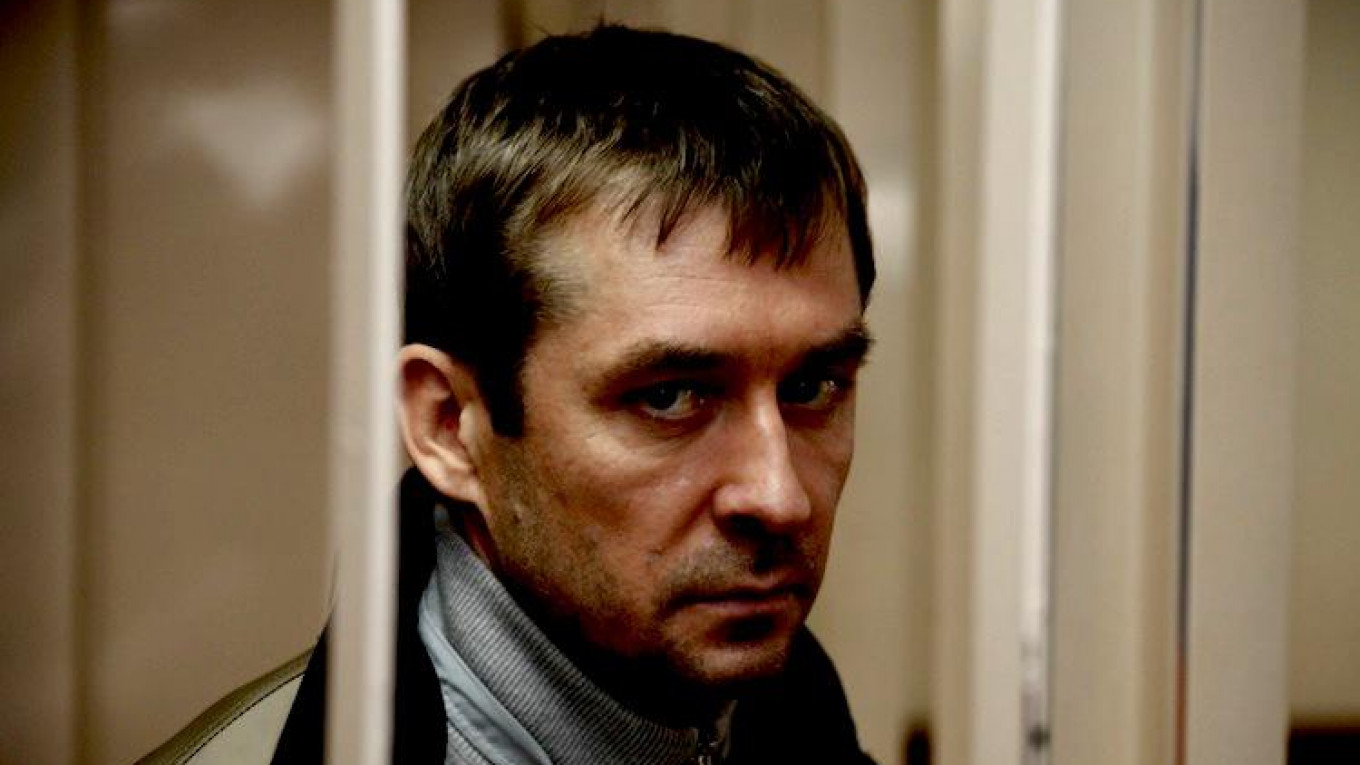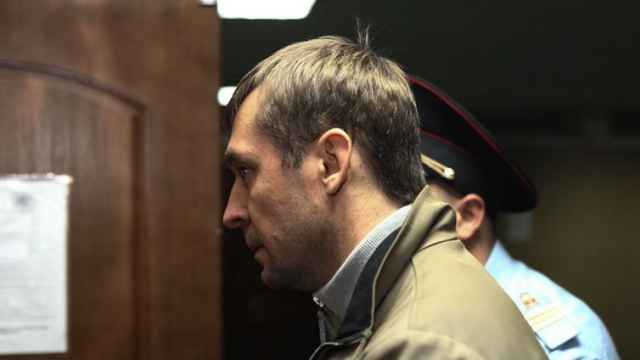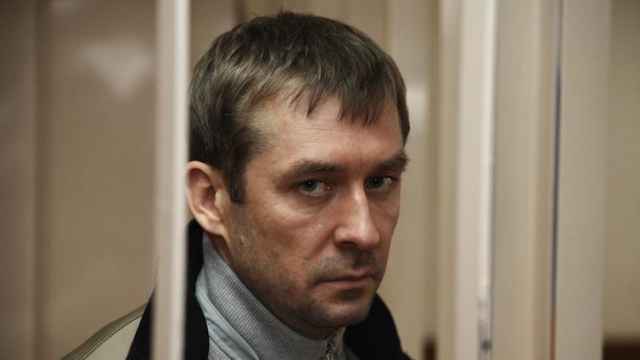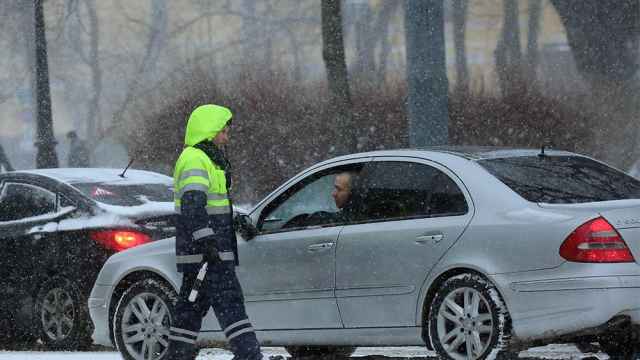The bundles of pristine U.S. dollars were neatly packed in plastic bags and boxes. The money was stacked so high that it took law enforcement several days to add it all up.
Investigators said that they had discovered 8.5 billion rubles ($123 million) in foreign currency during searches in vehicles and apartments linked to Dmitry Zakharchenko, a senior police officer in charge of fighting corruption.
The haul was the largest cash seizure in modern Russian history, according to Roman Anin, the investigative journalist at Novaya Gazeta newspaper who reported the story. But it didn’t end there.
Six days after Zakharchenko was detained, unnamed officers told the Rosbalt news website that the authorities had also unearthed 300 million euros ($337 million) tied to Zakharchenko in six Swiss bank accounts. He also appears to have a significant real estate portfolio. The Slon.ru news website reported that he owned elite apartments in Moscow worth around 700 million rubles ($10.7 million).
During his court hearing, Zakharchenko said he was innocent and denied accepting bribes. His lawyer, Yury Novikov, told the RIA Novosti news agency on Sept. 14 that he was not aware of his client’s foreign bank accounts. The total amount now allegedly linked to Zakharchenko — $485 million — is astounding even in Russia, a country that suffers endemic corruption.
If Zakharchenko’s ownership is proven, it would make him the 173rd richest person in Russia, according to the 2016 Forbes list — a few spots below exiled former oil tycoon Mikhail Khodorkhovsky and banker Oleg Tinkoff.
Until his arrest, Zakharchenko was a colonel in the Interior Ministry’s Economic Security and Anti-Corruption Department. While a senior role, it did not put him at the peak of Russia’s security apparatus.
One possibility is that the money was being held in storage for other people.
“Law enforcement employees’ offices are reliable safes,” reporter Anin said.
Another explanation focuses on Zakharchenko’s alleged links to the defunct NOTA-Bank.
Formerly the 97th largest bank in Russia, NOTA-Bank had its license revoked by the Central Bank in November 2015 amid an apparent 26-billion-ruble black hole in its balance sheet. Two shareholders and the financial director were reportedly arrested in August.
According to Russian news agencies, citing sources in the security services, the money found in the Zakharchenko-linked apartment was siphoned off from NOTA-Bank and was likely being held on behalf of its arrested owners.
But other theories abound.
Zakharchenko’s fall is part of a struggle between different groups in the security services, Anin says: “He [Zakharchenko] is not such a big player in the Russian law enforcement system. [...] You have to see it as one clan against another and he’s being sacrificed by one side.”
On Sept. 13, Interior Minister Vladimir Kolokoltsev announced a probe into the ministry’s anti-corruption unit. Few believe that Zakharchenko’s case will end with him. “It’s difficult to suggest that this money received through apparent criminal channels was only for Zakharchenko,” says Nikolai Petrov, a political analyst at the Higher School of Economics. “Such a sum of money is a new reference point.”
“It’s a sign that the system is completely rotten,” Anin said. “When a colonel can allow himself to keep such a sum of money at his house, one can only imagine how much a general might have.”
A Message from The Moscow Times:
Dear readers,
We are facing unprecedented challenges. Russia's Prosecutor General's Office has designated The Moscow Times as an "undesirable" organization, criminalizing our work and putting our staff at risk of prosecution. This follows our earlier unjust labeling as a "foreign agent."
These actions are direct attempts to silence independent journalism in Russia. The authorities claim our work "discredits the decisions of the Russian leadership." We see things differently: we strive to provide accurate, unbiased reporting on Russia.
We, the journalists of The Moscow Times, refuse to be silenced. But to continue our work, we need your help.
Your support, no matter how small, makes a world of difference. If you can, please support us monthly starting from just $2. It's quick to set up, and every contribution makes a significant impact.
By supporting The Moscow Times, you're defending open, independent journalism in the face of repression. Thank you for standing with us.
Remind me later.







